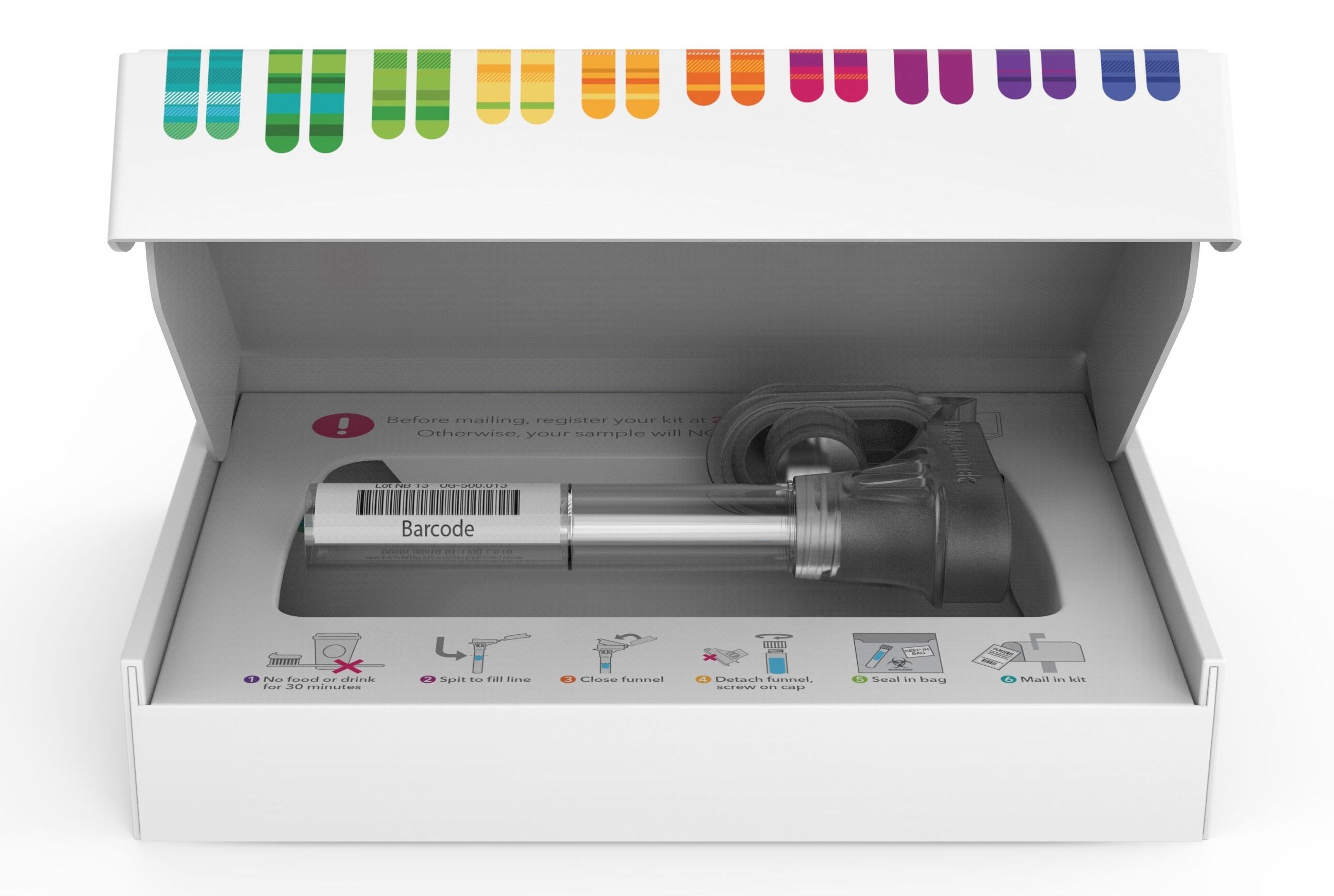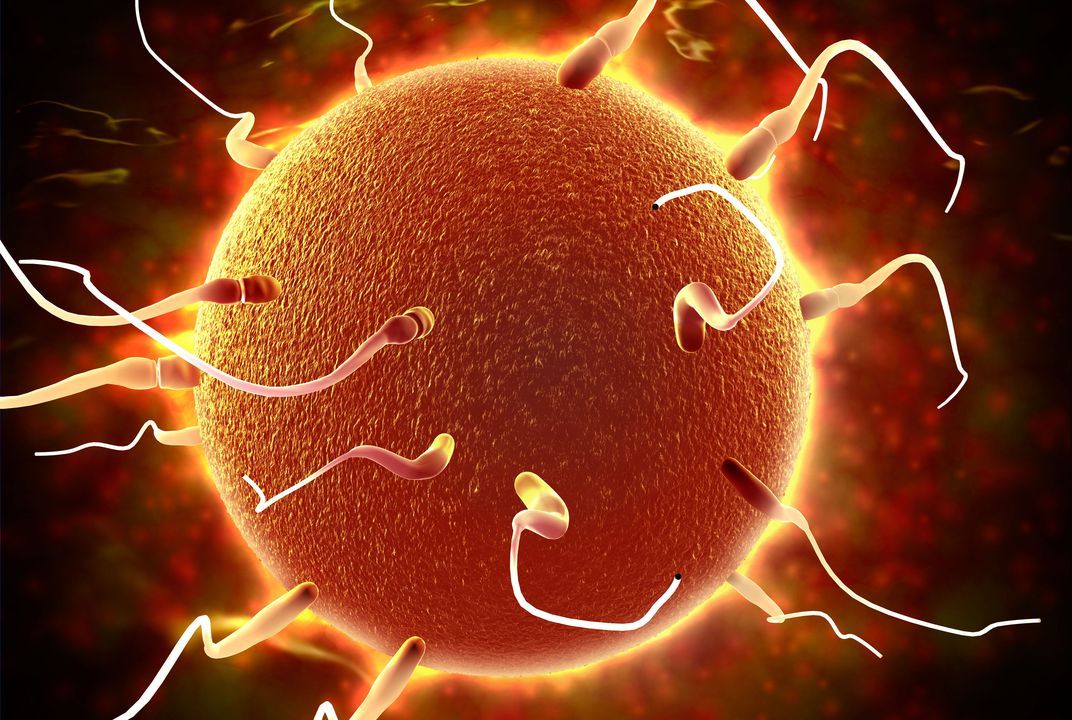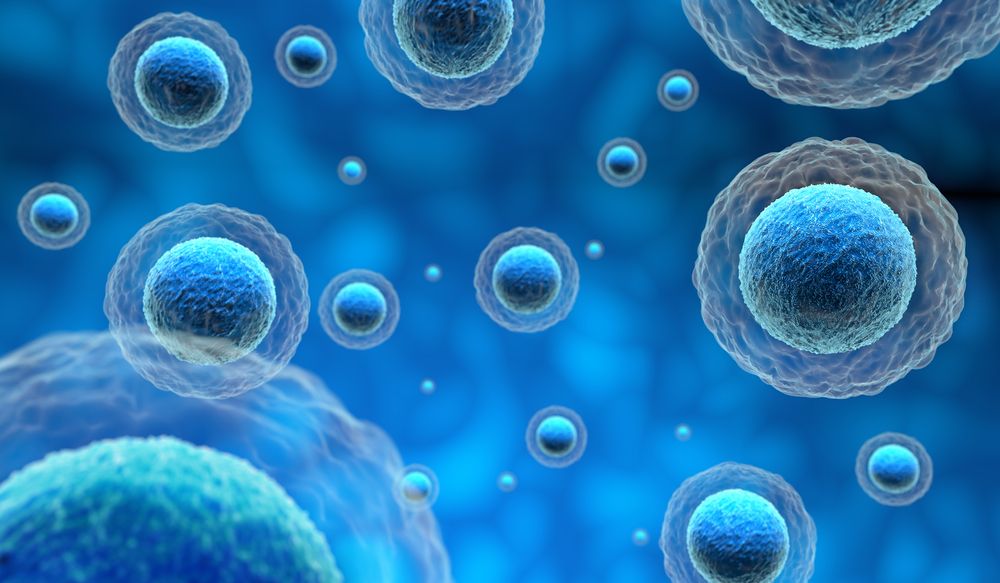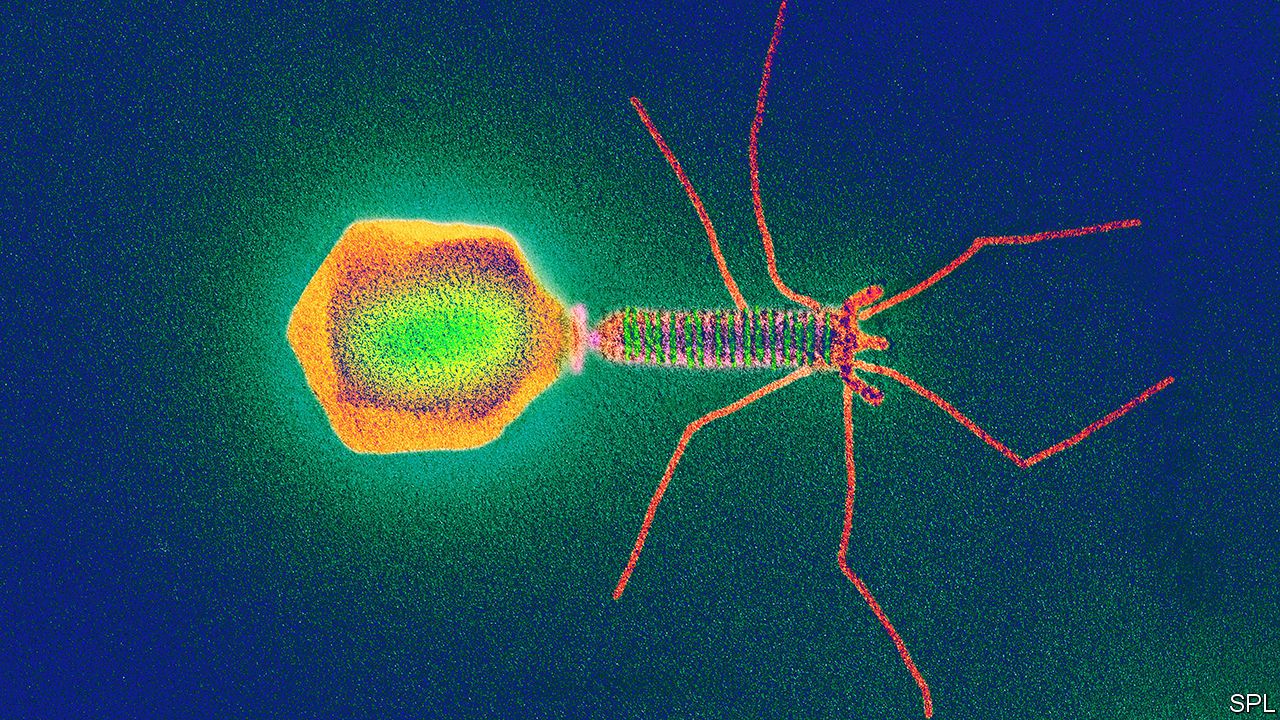I’m excited to share I’ll be speaking/debating at the upcoming #Biohack the Planet 2018 conference in Oakland on Aug 31 & Sept 1. Many interesting biohackers will be there. Tickets are still available and very reasonably priced right now, but they will likely sell out. Hope to see you there! Here’s the speaker list: http://biohacktheplanet.com/2018-speakers/ #transhumanism #biohacker & ticket page: https://www.eventbrite.com/e/biohack-the-planet-2018-ticket…
Bryan Johnson is the founder and CEO of Kernel, OS Fund and Braintree.
In 2016, Bryan invested $100M in Kernel to build advanced neural interfaces to treat disease and dysfunction, illuminate the mechanisms of intelligence, and extend cognition. Kernel is on a mission to dramatically increase our quality of life as healthy lifespans extend. He believes that the future of humanity will be defined by the combination of human and artificial intelligence (HI +AI). In 2014, Bryan invested $100M to start OS Fund which invests in entrepreneurs commercializing breakthrough discoveries in genomics, synthetic biology, artificial intelligence, precision automation, and new materials development. Bryan founded Braintree in 2007, later acquiring Venmo, which he sold to Ebay in 2013 for $800M. He is an outdoor-adventure enthusiast, pilot, and author of a children’s book, Code 7.

Michael Specter is a staff writer at The New Yorker.
Since joining the magazine in 1998, he has written about agricultural biotechnology, the global AIDS epidemic, avian influenza, malaria, the world’s diminishing freshwater resources, synthetic biology, geoengineering, new ways to edit DNA with CRISPR, and the implications of gene drive technology. His profile subjects include: Ingrid Newkirk, the founder of PETA, Dr. Oz, Peter Singer, Vandana Shiva, Miuccia Prada, and Richard Branson. Specter came to The New Yorker from the New York Times, where he had been a roving foreign correspondent based in Rome. From 1995 to 1998, Specter served as co-chief of The Times Moscow bureau. Before working at the Times he was the New York Bureau Chief of The Washington Post.










